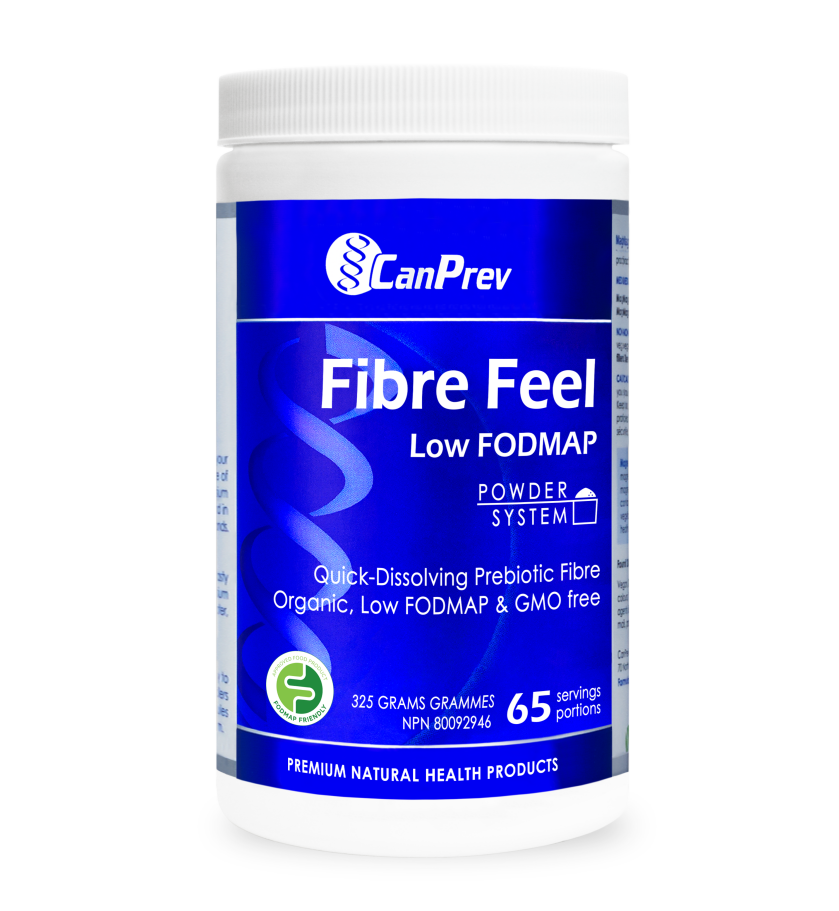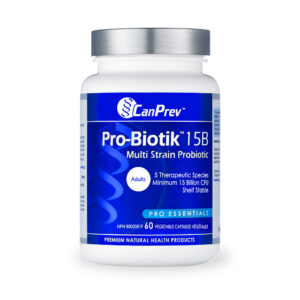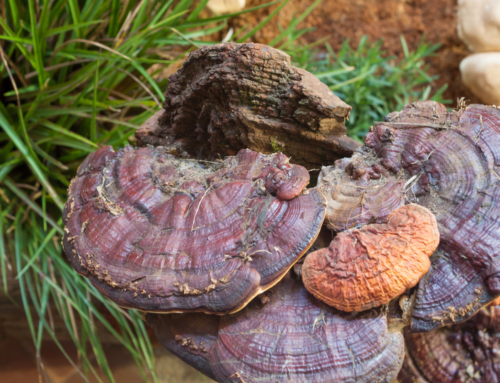Most people experience bloating at one point or another. Bloating is normal after a big meal, but if it is a consistent reaction after every meal, a chronic underlying condition could be the culprit. Excessive gas, belching and bloating are signs that you may be dealing with digestive system malfunction, suffering from an overgrowth of harmful bacteria or eating the wrong types of foods for your body.
Feeling tight in the wrong places
Bloating occurs in the belly and is usually caused by a buildup of gas in the digestive tract. It feels like having a balloon inflated in your stomach – you can try to compress it, but you’ll feel pain and discomfort. When it goes unaddressed, this swollen, tight feeling can become a hindrance to your everyday life.
What causes bloating?
Constipation
Many people suffer from constipation and don’t even know it. Even if you have regular bowel movements every day, constipation can still be a factor in your bloating.
Symptoms of constipation can include:
- Stool that looks like rocks or pebbles
- Not feeling empty after a bowel movement
- Having less than one bowel movement a day
- Straining during a bowel movement
Having regular, smooth bowel movements ensures that the foods you eat are digested and moving out of your body at a sufficient pace. If the stool remains in your body for too long, it can cause gas buildup in the intestine, leading to a feeling of fullness even if you haven’t eaten a big meal.
Irritable Bowel Syndrome (IBS)
Many doctors will diagnose unexplainable bloating as irritable bowel syndrome (IBS), though it is difficult to say which came first. IBS is often accompanied by a variety of symptoms that worsen bloating and gas. These include slow intestinal transit, constipation and gas retention in the large intestines.
Food intolerances
When you eat foods you cannot tolerate, it can cause excess gas production or abdominal pain. For instance, dairy is a common trigger and should be avoided by those who have lactose intolerance or IBS. If you suspect your bloat is caused by a particular food, consider working with a healthcare practitioner to determine your unique intolerances.
Water retention
Feeling puffy or heavier than normal? Your diet is not the only cause – hydration matters as well. Your fluid and salt balance is a delicate system in the body. When you consume too much salt and not enough water, your body holds on to the little water you already have in an effort to dilute the increased salt concentration. This extra water retention can cause your belly, face and feet to swell.
Artificial sweeteners
Your favourite gummies or protein powder may say “no sugar added”, but don’t be fooled. Many products contain artificial sweeteners such as sorbitol, xylitol and maltitol as sugar replacements. These sugar alcohols are not well digested by the body. They stay in your intestines, feeding the bad bacteria and causing bloating. Long-term consumption of artificial sugars can reduce the number of beneficial bacteria, allowing harmful pathogens to overcrowd and wreak havoc.
How to prevent bloating
Eat FODMAP-friendly foods
High-FODMAP foods consist of fermentable oligosaccharides, disaccharides, monosaccharides and polyols. They are the most common gas-producing ingredients.
High-FODMAP foods to avoid:
- Onions
- Garlic
- Fruit (with the exception of berries)
- Honey
- Dairy products
- Legumes
- Beans
People with severe bloating may benefit from adopting a low-FODMAP diet for a short period while getting to the root cause of their bloating.
Supplement with an easy-to-digest fibre
With the FODMAP diet, many fruits, vegetables and grains are eliminated. Without these foods, fibre intake may be inadequate. Fibre is required in the diet in order to combat constipation, which can worsen bloating. We also need fibre to feed the beneficial gut bacteria and create a healthy gut barrier.
Adding a fibre supplement can ensure a sufficient intake of fibre on a regular basis. Fibre Feel is made from natural acacia, a prebiotic plant fibre. It is clinically proven to reduce gas and bloating, even at high doses of up to 30g a day.
Make your gut a priority
When you have a balance of good and bad bacteria, your digestive health, immunity and mental health all improve. Getting probiotics into your diet is a great way to ensure that your good gut bacteria can flourish. Probiotic-like bacteria can be obtained through fermented foods such as sauerkraut, kimchi, yogurt, kefir and miso.
bacteria can flourish. Probiotic-like bacteria can be obtained through fermented foods such as sauerkraut, kimchi, yogurt, kefir and miso.
For those who need more support, a quality probiotic supplement can help colonize the gut flora, while inhibiting the growth and activity of harmful organisms. CanPrev’s Pro-Biotik 15B is a shelf-stable probiotic containing 5 critical species that help with digestion. The healthier your gut flora is, the less intestinal upset and bloating you’ll experience.
Eat slower to digest better
A simple trick to reduce bloating is to chew your food thoroughly. Adequate chewing prevents you from swallowing air as you eat, which can cause excessive gas in your digestive system. Eating slower helps you reduce your food intake so you are less likely to overeat, another factor that results in bloating.
Strategic movement
Many yoga poses, such as the Cat-Cow and Sphinx, can help promote movement in your digestive organs and ease the digestion process. Taking a 10-minute slow walk after a big meal is another foolproof way to feel better and soothe a tight stomach.
Hydrate your body
When your stomach feels like it’s about to explode, the last thing you want to do is to drink more water. While it may seem counterintuitive, drinking more water can help reduce bloating by working in two ways. First, it reduces water retention by ridding the body of excess sodium. Second, it keeps your stool soft and easy to pass, preventing constipation. Though water intake varies from person to person, a solid guideline is 8 cups (2L) per day.
Still feeling bloated?
Although bloating is common, it may be an indicator that medical attention is needed. If your bloating is persistent and you are unable to find relief, there may be an underlying medical condition behind this symptom. Consult with a healthcare practitioner, such as a naturopathic doctor to help find the root cause of your bloating experiences.







Leave A Comment